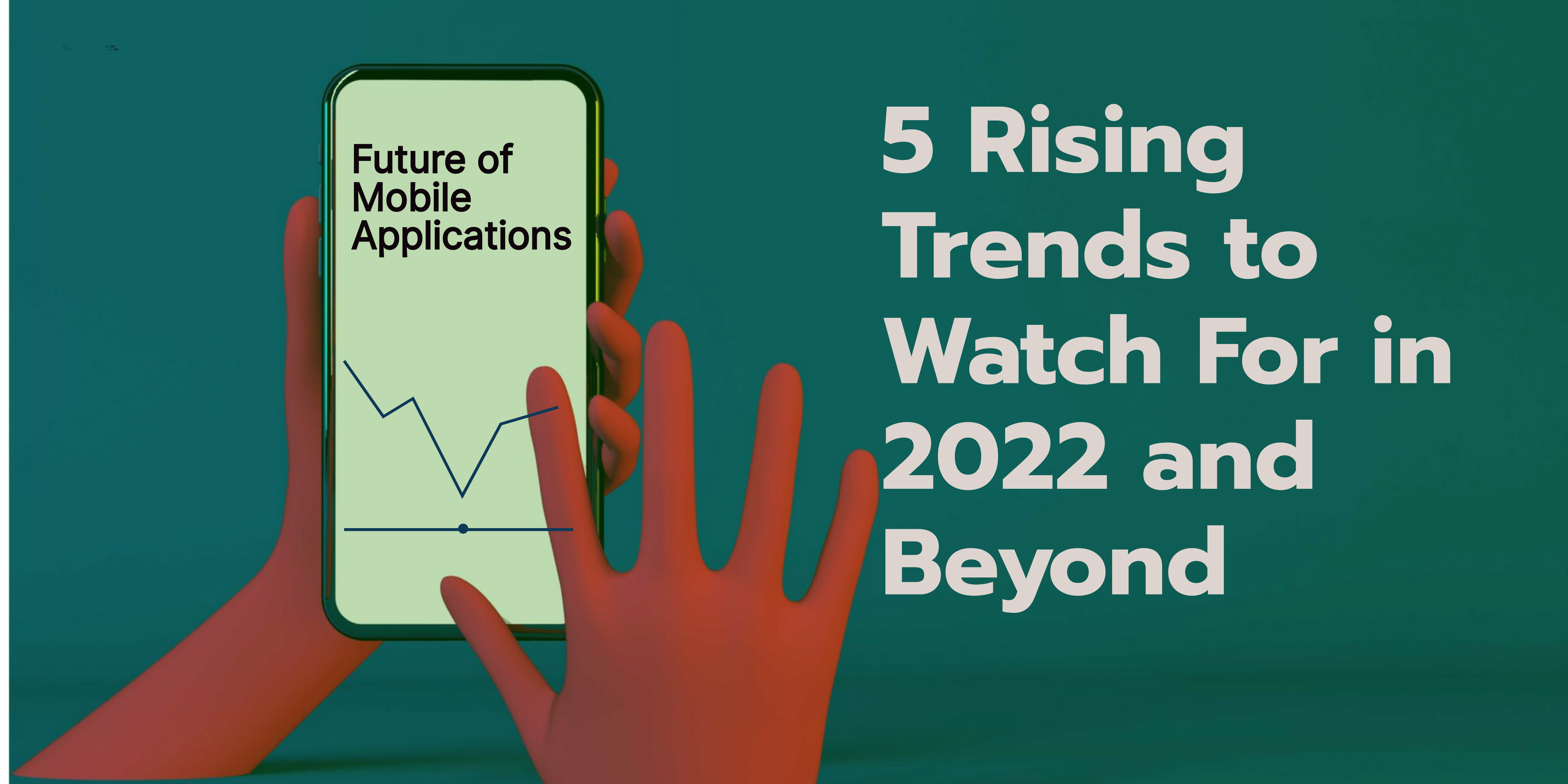Get In Touch
Your information is protected by our Privacy Policy and Terms of Use.
Our Offices
E 237, First Floor, Phase VIII B Sector-74,
Industrial Area, Mohali-160071, Punjab
Phone: +(91) 93010-10197
6470 East Johns Crossing, Suite 160
Johns Creek, GA 30097
Phone: +1(470)-268-9868
531A, Upper Cross Street, #04-95,
Hong Lim Complex, Singapore - 051531
Phone: +1(470)-268-9868
- Solutions For
- Solutions
- Services & Expertise
- Case Studies
- Insights
-
Get In Touch
Get In Touch
Your information is protected by our Privacy Policy and Terms of Use.
Our Offices
Zapbuild Technologies Private LimitedIndia
E 237, First Floor, Phase VIII B Sector-74,
Industrial Area, Mohali-160071, Punjab
Phone: +(91) 93010-10197Zapbuild Technologies (US) LLC United States
United States
6470 East Johns Crossing, Suite 160
Johns Creek, GA 30097
Phone: +1(470)-268-9868Zapbuild Technologies (S) PTE LTDSingapore
531A, Upper Cross Street, #04-95,
Hong Lim Complex, Singapore - 051531
Phone: +1(470)-268-9868
- Learning Management System
- Command and Control Center
- Transportation Management
- Warehouse Management
- Fleet Management
- Supply Chain Management
- Document Contracts Management
- Load Board Platform
- Route Optimization
- Electronic Proof Of Delivery
- Freight Exchange Platforms
- Customer Relationship Management
- Data Analytics and Business Intelligence
- Logistics Aggregator
- Crowdshipping Marketplaces
- Reverse Logistics Marketplace
Future of Mobile Applications – 5 Rising Trends to Watch For in 2022 and Beyond

Undoubtedly, the mobile applications development industry is evolving faster than ever before. We live in a world where people all around us are always glued to their smartphones, whether it’s watching movies on Netflix, checking social media feeds on Facebook, shopping online on Amazon, investing in stocks using Robinhood, or playing a casual game.
With 6.6 billion mobile phone users worldwide and 8.9 million apps available for download across various mobile app stores, it’s evident that mobile application development is unquestionably one of the most cutting-edge and rapidly expanding industries today.
With these numbers increasing, it’s no surprise that more and more businesses are looking to capitalize on the mobile applications market. Additionally, this has intensified competitiveness in the mobile application development sector.
So, if you want your app to stand out from the crowd, you can’t settle for building a basic app with standard features and functionalities.
Therefore, as most successful businesses do, you should also start incorporating innovative technologies and trends into your mobile apps. To create an effective app development strategy, you must first be aware of emerging trends and technologies in mobile app development. This way, you can be sure that your app development efforts will surely succeed.
If you’re thinking about creating a mobile application for your business idea or startup in the near future, read this blog post to discover some of the most ground-breaking trends in the industry.
Augmented and Virtual Reality
You have been hearing about using AR and VR technologies in mobile applications for quite some time. Although VR technology still has a ways to go before it is fully developed, developers increasingly rely on VR and AR to boost engagement.
The popular augmented reality software, Pokemon Go, demonstrated the technology’s potential early on. Today, the augmented reality frameworks of both Google and Apple are available to app developers.
Moreover, virtual and augmented reality have applications outside the gaming and entertainment industries, including in fields like medicine, engineering, and education. In short, this technology has a wide range of applications, and the necessary development frameworks are easily accessible to developers.
Artificial Intelligence and Machine Learning
The use of AI and ML in mobile app development has been on the rise for some years. These technologies have gone a long way from their humble beginnings as the basis for household names like Alexa and Siri to their current use as a tool for allowing fast food chains like McDonald’s to provide customized menus at the drive-thru window.
In terms of app development, their potential applications go beyond anything a person could ever think of. There has been a rise in the number of businesses using them in their applications to better serve their customers.
Today, improvements in both the front-end and back-end development processes are possible thanks to the use of AI and ML. These two topics are especially important to keep an eye on in 2022 and beyond because of the impact they will have on app intelligence, automation of mission-critical business processes, and system performance.
Mobile Commerce
The growth of mobile commerce over the last several years has been astounding, and this trend is only expected to accelerate in 2022 and beyond. People’s shopping habits have shifted dramatically since the COVID-19 epidemic began, and this trend toward m-commerce is only expected to grow. According to Allied Market Research, “mobile payment services are expected to generate $12.06 trillion worldwide by 2027, up from an estimated $1.48 trillion in 2019.”
In light of people’s increased dependence on their phones, it’s no surprise that m-commerce is flourishing today. Thanks to m-commerce, consumers can purchase online whenever and wherever they choose using just their mobile device and enjoy a streamlined and hassle-free payment process.
There’s no denying the astronomically large need for m-commerce. Therefore, in order to stay ahead in this highly competitive market, companies of all sizes, from small & medium-sized businesses to large retailers, need to embrace the rise of mobile commerce trends.
Consumer Data Analytics
Data has become the most valuable resource in the 21st century. Schematic analysis of your consumers’ information and behavior has been on trend for the past few years, and its importance will continue to increase in the future.
Data is undoubtedly the new oil in this information age, but it is useless if it’s not refined. The goal of consumer analytics is to create an accurate view of your customer base, make informed decisions on how to best acquire and retain future customers, identify high-value customers, and suggest proactive ways to keep them engaged.
Today, most successful businesses deeply understand their customers’ buying habits and lifestyle preferences, and can easily predict their behavior and thus influence their journey as a customer. With this knowledge, they can build innovative products, identify risks, provide personalized services, make smarter & data-driven decisions and eventually take their business to the next level.
Geolocation
Geolocation is the new big thing in mobile applications, and its uses continue to rise in the future. Developing apps that use a user’s current location has been more popular recently, and companies specializing in Android and iOS app development have jumped on the bandwagon.
Numerous app types rely heavily on geolocation data, including mapping and navigation, on-demand services, gaming, event planning, online shopping, travel, dating, weather forecasting, health and fitness, and many more. The app can provide relevant content, products, and services using the user’s precise location.
From booking a taxi to tracking an order, meeting a potential date, attending a local event, monitoring health, and playing AR games, the geolocation feature provides numerous benefits to users. Businesses can hire app developers to incorporate geolocation features into their products to capitalize on customers’ geographic location and location based habits.
Here are some ways that location-based applications can help develop a company’s marketing strategy:
- Getting more customers on the board
- Converting impulses into sales
- Providing greater visibility and brand awareness
- Helping establish a better connection
- Offering the tracking facility
- Collection data about customers
Final Thoughts
Across the globe, businesses are gaining an edge by using mobile apps. The question is how you would make your app unique from the others.
In reality, you can’t unless you keep up with current best practices in mobile app development and understand how to use such practices to your advantage to create high-quality applications with plenty of useful features.
The market for mobile applications is growing quickly and will continue to do so as new technologies and best practices emerge in this field. As new hardware capabilities emerge, as well as new technologies for developing mobile app platforms, backend platforms, and microservices, mobile app solutions will continue to be guided by these factors. The only way to stay ahead of the fierce competition is to learn continuously and expand your knowledge.
(Founder and Chief Executive Officer at Zapbuild)
Are you looking for a technology partner to turn your business idea into a successful solution? Get free consultation from top IT experts – write to us at connect@zapbuild.com or call us at +1 (779) 256-7779 or +91-80471-16600.
GET IN TOUCH NOWReceive Expert Insight By Email
You can receive more such insights, ideas, and solution recommendations from our IT experts – directly in your email, absolutely free – by subscribing to our blog.
SUBSCRIBE NOW
Subscribe Now!
Always stay up-to-date by receiving actionable insights and recommendations, relevant to your interests, from our IT experts.


All done! You’re now subscribed to Zapbuild’s expert IT insights.
To ensure our emails reach your inbox, instead of your junk/spam folder, please add our email address connect@zapbuild.com to your address book.

Looking to build future-ready technology solutions for your transportation or logistics business? Connect with our experts for a free consultation today
Categories
Trending

Home main screen

Test

Testing Post In Trending
Subscribe to our newsletter
Related Insights




Connect with Our Experts
Take the first step toward the digital transformation of your Transportation and Logistics business.
Get a Free Consultation with Zapbuild’s technology experts today.
